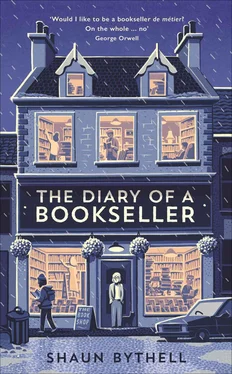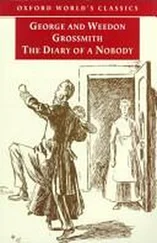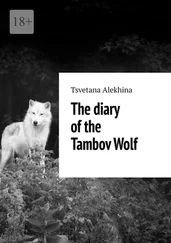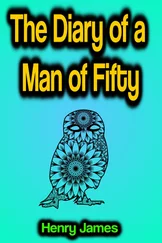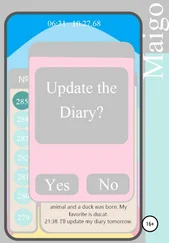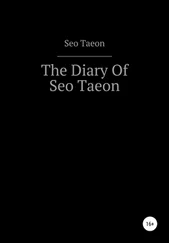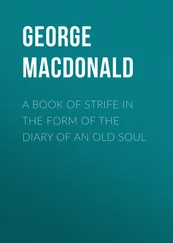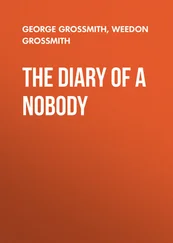Laurie was in to cover the shop today.
While she was having her lunch break, a customer started rummaging through a box of unpriced books and found a Penguin edition of The Day of the Triffids , priced in pencil at 12p (presumably from a charity shop in the 1970s). When I told her that our price would be £1.50, she decided that was ‘outrageous’ and that if that was the case she’d ‘just get it from the library’. I have a feeling that ‘outraged’ may well be her factory setting.
After lunch I drove to Dumfries and picked up Anna from the railway station at 4.30 p.m. Home by 5.45 p.m.
The swallows’ eggs have all hatched: three in one nest, and four in the other. Hopefully Captain will not annihilate them.
Till total £127.50
15 customers
Online orders: 6
Books found: 5
Laurie was in the shop again. Today was a beautiful sunny day, and Anna was clearly delighted to be back in Galloway and away from London.
My father telephoned shortly after the shop opened to see if I wanted to go fishing, so much of the morning was spent with him in a boat, trout-fishing on Elrig Loch. We caught six or seven wild brown trout. Elrig is a loch about six miles from Wigtown. Gavin Maxwell spent his childhood nearby and wrote about it in The House of Elrig . The house is now owned by a family called Korner, who left Europe in the 1930s, when the Nazi menace was starting to loom large. They took in the Austrian ‘degenerate’ artist Oskar Kokoschka during the Second World War, after he fled Europe in 1938. Stories abound locally of Kokoschka giving framed sketches to local farmers and other people who had shown him kindness, and of the recipients – unable to comprehend the artist’s modern genius – politely accepting them, then throwing the sketches in the waste-paper basket and putting photographs in the frames instead.
My father and I often fish together, and drifting down the banks of Elrig on a warm day, with a good ripple on the water, is nirvana. When there is enough water, we go salmon-fishing on the nearby River Luce, a river that I have fished since early childhood with him. During the season we both become acutely aware of the weather: if it is warm enough to go to Elrig and there is a bit of cloud cover (not too bright) and a good enough breeze, we will meet at the boathouse and fish for trout. If there has been enough rain to push the Luce up over a foot, we will meet on the banks of the river instead and fish for salmon. The river always takes precedence over the loch if conditions are right for both.
My father first took me fishing when I was two, and that is the age at which I caught my first trout. No doubt, with hindsight, it was my father who caught it, but I reeled it in, and in that moment, like the trout, I was hooked. When I was a small child – four or five years old – I would insist on going to the river with him. As a passionate salmon fisherman, he didn’t want the distraction of a boy pestering him. So he gave me an old, broken trout rod which had belonged to his father, and tied a length of baler twine around a tree, then paced out a short distance from the water’s edge and tied the other end around my belt. This allowed him to fish every pool down, close enough to know that I was safe, and for me to flail the rod around pointlessly – but utterly convinced I would catch something – without any chance of falling into the water.
Arrived back at the shop after lunch to find that the best sale of the day was the Georgian mahogany chest commode. I bought it about ten years ago for £80 at the auction in Dumfries, and used it as a glorified plant pot for a Boston fern that lived in the drawing room for most of that time. Eventually I decided to get rid of it. I can’t remember why. Perhaps I bought something that looked less like a loo for my Boston fern. We sold it for £200 to a charming woman who was delighted with it. Nicky, who mocked me relentlessly about it and was convinced it would never sell, will be furious to be proved wrong.
Till total £342.49
15 customers
Online orders: 2
Books found: 2
Nicky and Laurie were both in the shop today.
Nicky arrived and stared at the space where the commode had been: ‘Where’s that hideous thing gone? Dinnae tell me that some idiot’s bought it. Oh no, surely naebody could be that daft.’
A ferrety man wearing a beret came to the counter and said, ‘Just thought I’d tell you, you’ve got a book in the railway section called The Railway Man . It’s not about railways, you need to move it to the right section.’
No. I need to bludgeon you with it. There is a certain kind of customer who delights in pointing out that a book is in the wrong section, as though they’re showing you that they know more about books than you do. More often than not, when a book is in the wrong section, it is because a customer has put it there, not a member of staff.
Among the books from the Glasgow deal on Thursday was one called The Intimate Thoughts of John Baxter, Bookseller , published in 1942. As with many book deals, it is hard to resist dipping into some of the titles as you price them up, and this one seemed particularly relevant so I put it to one side and began to read it after I had closed the shop.
Till total £164.50
15 customers
Online orders: 3
Books found: 3
Nicky in. Drove to Dunkeld for a friend’s fiftieth.
Till total £188.28
26 customers
Online orders: 1
Books found: 1
Laurie covered the shop today.
Anna and I drove from Dunkeld to Stuart Kelly’s house in the Borders to pick up books, then spent the afternoon in Summerhall in Edinburgh with him. Stuart is a writer, journalist, literary critic and former Booker Prize judge. Because of the latter, he receives dozens of books every day from publishers, desperate for him to review them. These he puts in piles until there are enough to justify me driving over to his house and picking them up. He is a festival regular, an extraordinary intellect and a good friend. Summerhall used to be part of the Royal Dick School of Veterinary Studies, informally known as the ‘Dick Vet’, the veterinary school of Edinburgh University. It has been bought by an Irish philanthropist friend of his and is now full of artists and creative types. Wandering around it, I thought of my grandfather, who completed his PhD in the 1930s in the same buildings.
While we were away, I asked Laurie to make a note of a few things customers asked her during the day. Her note reads:
‘Why is Wigtown called Wigtown?’
‘Why is Wigtown a book town?’
‘How many bookshops are in Wigtown?’
The last two are asked on average twice daily all year round. After fifteen years, that means that I have been asked those same questions 9,360 times. It’s hard to muster any enthusiasm when I reply now. Perhaps it’s time to start inventing fresh answers that have absolutely no basis in fact.
We arrived back in Wigtown at 7 p.m.
Till total £114.50
12 customers
Online orders: 2
Books found: 2
Laurie was in again today, which turned into a balmy, sunny day after an unpromising start. Both of the online book orders today were AbeBooks, no Amazon, which is extremely unusual. I set her to work packaging the books for the Random Book Club’s June mail-out. We are back up to about 140 members. She stamped them and processed them through the Royal Mail web site. The cost of postage this month was £244.12. I have alerted Wilma, and she will send the postman around tomorrow to pick up the five sacks.
Читать дальше
